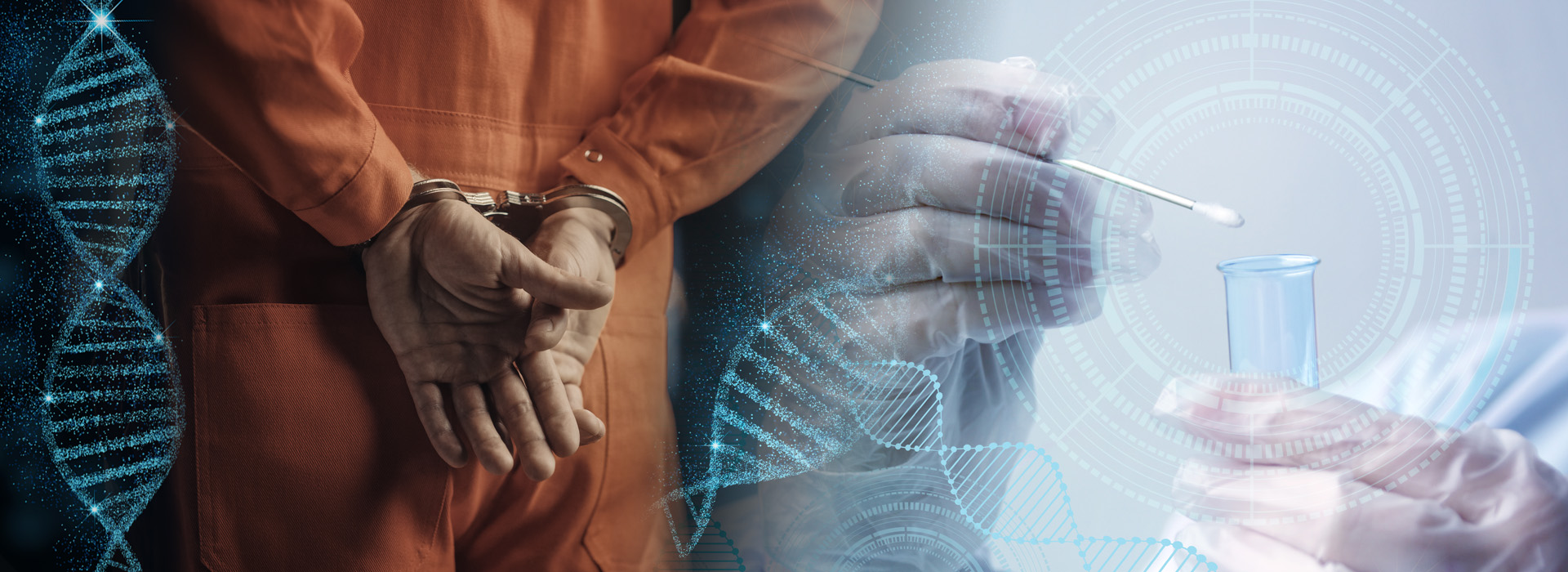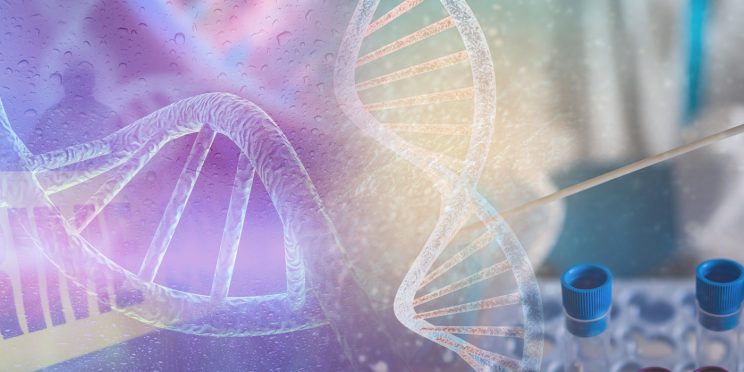Date
September 2022
Overview
Convicted offender DNA sample collection laws vary in each state in terms of what type of offense obligates an offender to provide a sample, whether a conviction should be the trigger for sample collection, and which agency is responsible for collecting the sample. Because of this interstate variability, the effectiveness of DNA sample collection laws may vary, and in some cases this can result in missed opportunities to identify and collect lawfully owed DNA samples. In those situations, modifying current legislative language could provide the needed clarification to improve policies and practices associated with collecting DNA samples from convicted offenders.
To provide examples of legislation that may offer an improved approach to addressing lawfully owed DNA samples, the Forensic Technology Center of Excellence, in partnership with AEquitas, conducted a legislative review and analysis of statutes associated with the collection, tracking, and testing of DNA samples from convicted offenders. This report does not aim to recommend a specific legislative preference regarding DNA collection laws but rather to identify areas where questions and conflicts may arise and subsequently highlight jurisdictions that have drafted statutes that address and minimize those issues.
Funding for this Forensic Technology Center of Excellence report was provided by the National Institute of Justice, Office of Justice Programs, U.S. Department of Justice.
The opinions, findings, and conclusions or recommendations expressed in this report are those of the author(s) and do not necessarily reflect those of the U.S. Department of Justice.
Contact us at ForensicCOE@rti.org with any questions and subscribe to our newsletter for notifications.




